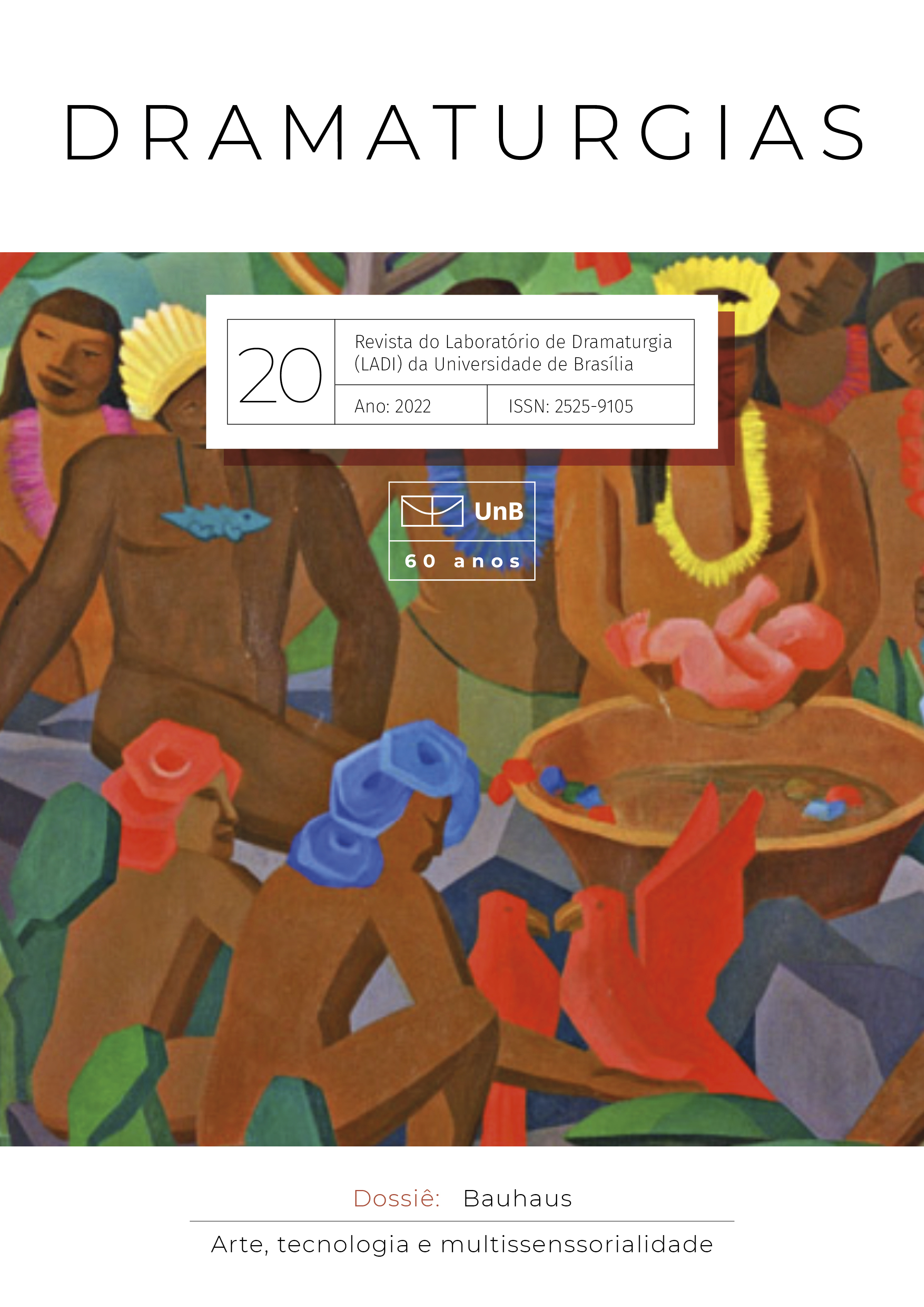Vindicating Quintilian. Latin Has A Pitch Accent!
DOI:
https://doi.org/10.26512/dramaturgias20.45180Parole chiave:
Ancient prosody, Latin accent, Quintilian, Virgil, Indo-European linguisticsAbstract
Latin grammarians borrowed terms from Greek ones to describe their native prosody; so did Latin poets use Greek metres. This is not only because they admired or fetishised the ancient Greeks. The main reason they borrowed the Greek accentual descriptors and metres is because they worked for Latin. The nature of the prosody of Latin and Greek was almost identical: a recessive contonation of changing pitch. It is false to claim that classical Latin had a stress accent, except as a byproduct of pitch contours married to quantities.
Downloads
Riferimenti bibliografici
ALLEN, W. SIDNEY, Vox Graeca, 3rd edn. Cambridge: Cambridge University Press,
BUTLER, HAROLD EDGEWORTH, Quintilian. With an English Translation, Cambridge:
Cambridge University Press, 1920.
DAVID, A. P., The Dance of the Muses: Choral Theory and Ancient Greek Poetics.
Oxford: Oxford University Press, 2006.
DEVINE, A. M., and STEPHENS, L. D., Language and Metre. Chico, CA: Scholars
Press, 1984.
GILDERSLEEVE, B. L. and LODGE, G., Latin Grammar. London: St. Martin’s Press,
RUSSELL, DONALD A., Quintilian: The Orator’s Education, Books 1-2. Cambridge,
MA: Harvard University Press, 2001.
##submission.downloads##
Pubblicato
Come citare
Fascicolo
Sezione
Licenza

Questo lavoro è fornito con la licenza Creative Commons Attribuzione - Condividi allo stesso modo 4.0.
Autores mantém os direitos autorais e concedem à revista o direito de primeira publicação, com o trabalho simultaneamente licenciado sob a Licença Creative Commons Attribution que permite o compartilhamento do trabalho com reconhecimento da autoria e publicação inicial nesta revista.



